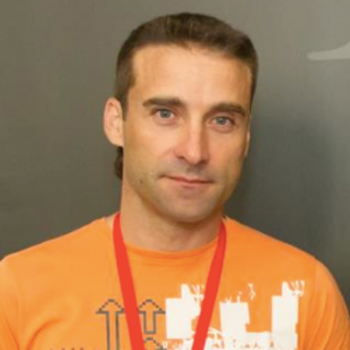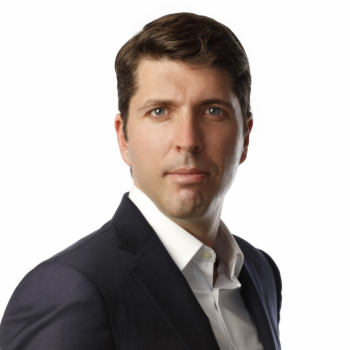WORKSHOPS
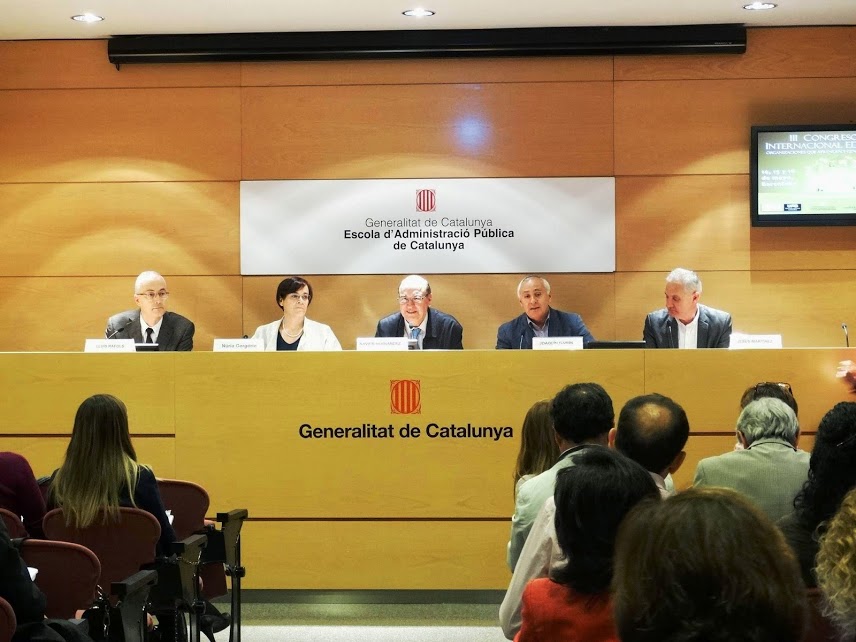
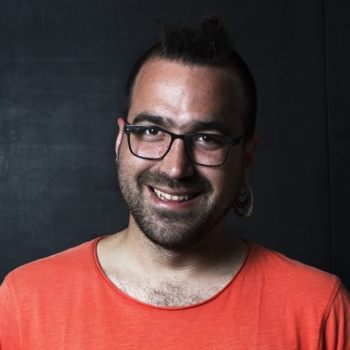
Some people in managerial positions show behaviors surprisingly similar to Hamlet's in their organizations. Also their institutions sometimes resemble the castle of Elsinore: atmosphere of exquisite education, courtesy, ambiguities and appearances, along with passions, doubts, mistrust, dissimulation, intrigue and revenge typical of the theater of life. In Elsinore and in these institutions theater is developen within the theater.
This workshop creates knowledge, while also offering resources that allow professionals to carry out their work with health conditions, helping to maintain professionalization and consolidate professional identity. Practical tools are also offered to participants for professional self-knowledge and self-care processes.
As a result of participating in spaces of this type, professionals are in a better position to do a self-evaluation of their actions and do self-criticism; being able to assume the situations with which they find more safety, hygiene and efficiency. In short, it allows a healthy professional maturation process.
The workshop has a participatory, interactive, experiential and dynamic approach. Practical situations presented by the participants are analyzed. The methodology combines the presentation of the trainers on the themes of the workshop with reflection in groups and subgroups.
Of the professional competencies of the teaching staff, during the workshop, the one related to the digital field will be presented: the Teachers' Digital Competence (CDD). It is a complex competence whose subcompetencies or skills are grouped into dimensions of which evaluation indicators and different levels of development are proposed, in the form of an evaluation rubric.
COMDID will be used as a CDD evaluation tool. This tool is a self-assessment questionnaire that is composed of a total of 22 questions that coincide with the 22 descriptors of the CDD rubric prepared by Lázaro & Gisbert (2015 and 2018). These descriptors are grouped according to four corresponding dimensions: (1) Didactic, curricular and methodological; (2) Planning, organization and management of digital technology spaces and resources; (3) Relational, ethics and security; and (4) Personal and professional. The questionnaire is a self-assessment tool that generates an individual report to the user based on the results obtained. On the one hand it generates a global quantitative result by dimensions and on the other it suggests a series of actions aimed to improving its level of CDD that will be discussed during the workshop.
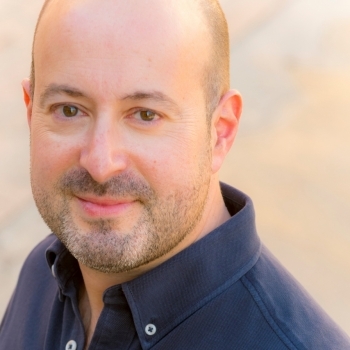
Creativity is an essential element for the development and evolution of the human being, and it is also an ability for the effective solution of problems. It is one of the most important skills of all human activities and that everyone should also possess.
Within the different methodologies and processes that can be used for the development of people's creativity, coaching is considered as one of the most effective in this regard.
The contents and structure of this workshop are the result of the conclusions obtained by conducting experimental tests and which are intended to show, in short, the application of meta-competencies and structure in the promotion of creativity when solving problems or create new ideas in the organizational environment.
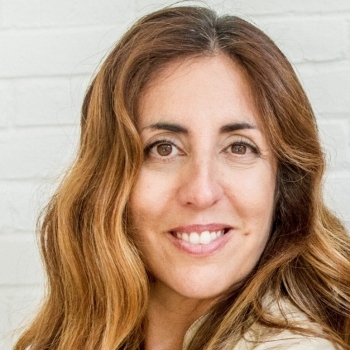
Design Thinking is a method to generate innovative ideas that focuses its effectiveness on understanding and solving the real needs of users. It comes from the way product designers work. Hence its name.
It was theoretically developed at Stanford University in California (USA) in the 70s, and its first applicability for profit as "Design Thinking" was carried out by the design consultancy IDEO, being today its main precursor.
Design Thinking today makes more sense than ever, given the complex environment in which we live, an environment in which so many variables intervene, many of them often unknown, which forces us to address the challenges in a very different way than we did in the 20th century.
We will understand what storytelling is: the art of telling a story, creating an atmosphere through the story to connect with your audience. Likewise, the 7-step methodology created by Víctor Gay Zaragoza will be presented, which will be developed during the workshop -El Camino Amarillo-, with which we will learn how to create stories adapted to our needs: presentations, presentations, marketing and communication strategies, speeches ...
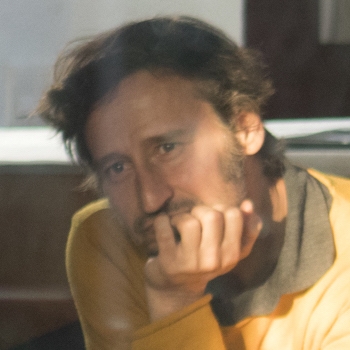
The objective of the workshop is that the participants, on the one hand, become aware of their level of emotional intelligence and, on the other, see how it impacts their objectives and results.
Experiential and androgynous approach: learning from experience and based on personal motivation and need to know. The two hours of the workshop, the dynamics and tools that support them are the result of the model and methodology Six Seconds, the global network of emotional intelligence, has developed over thirty years to generate tangible results and positive change in people and the world.


